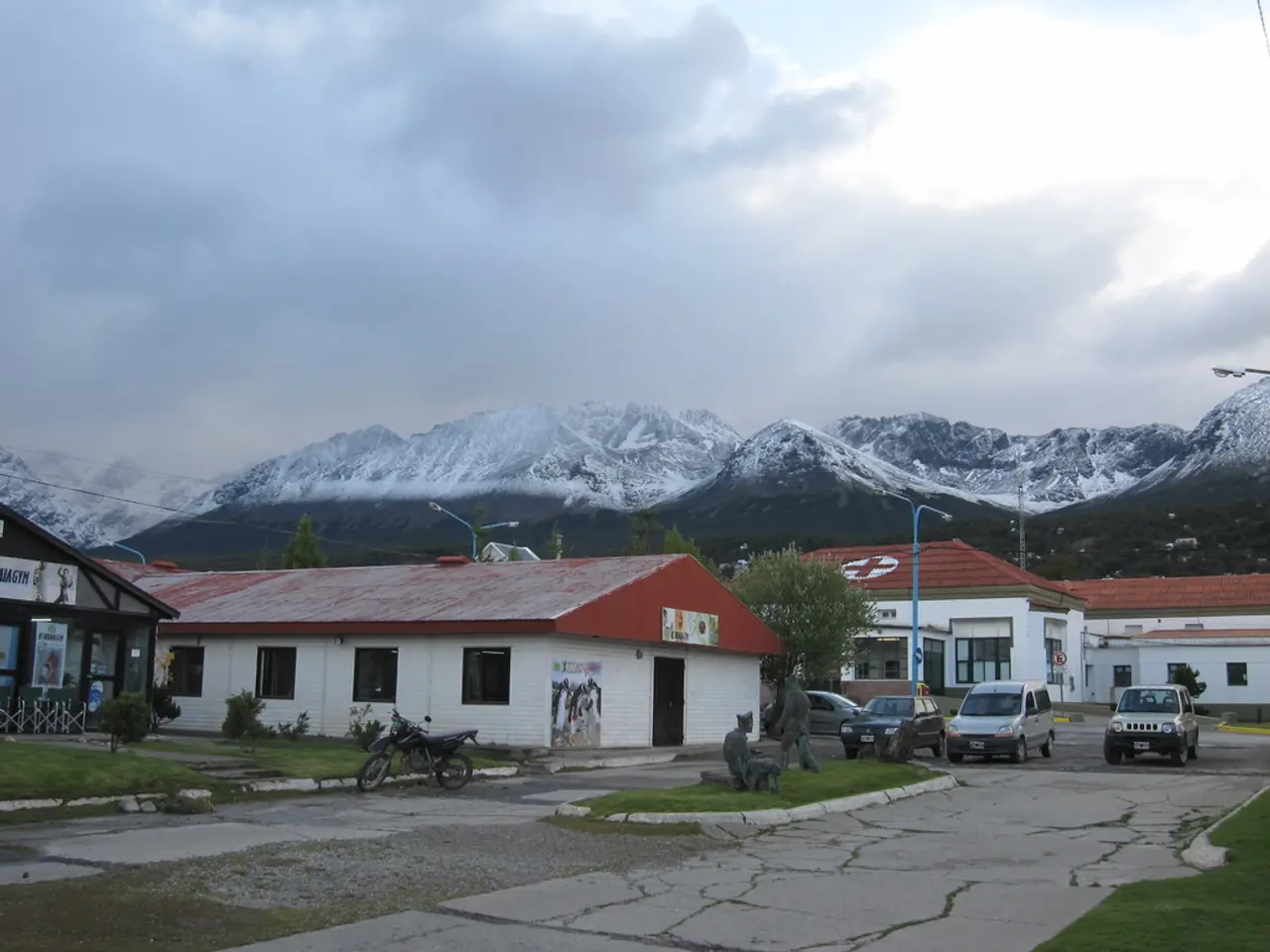The Emergence, Growth, and Justifications for the Christian Faith
Christianity, a religion that originated in the Roman province of Judea during the first century CE, has had an extraordinary journey to becoming a major global religion. Its ascent was significantly influenced by political endorsement, alliances with rulers, territorial conquests, and colonial expansion, as well as by subsequent political struggles over state-church relations and religious authority.
Initially, Christianity began within a politically dominated Jewish context and spread slowly through cities, trade routes, and lower social classes. During this early phase, the religion was often under the radar of Roman elites, despite initial persecution. However, the vast political entity of the Roman Empire, with its facilitation of communication and movement across regions, provided a platform for Christianity's steady growth within its borders [1][2].
A turning point in Christianity's political trajectory came with the conversion of Emperor Constantine in the early 4th century. This marked the beginning of Christianity's alignment with political power. The Edict of Milan, issued in 313 CE, legalized Christianity, transforming it from a persecuted minority into a favoured religion. This imperial endorsement accelerated Christianity's institutional development and reach within the empire [5].
During the Middle Ages, Christianity dominated European politics. The Pope not only served as a spiritual leader but also as a political authority, especially after the fall of the Western Roman Empire. The crowning of Charlemagne by Pope Leo III in 800 established a precedent of church-state interdependence, where Christian rulers supported missionary activities to expand their realms, and church leaders often held secular power as landowners and political figures. Events like the Crusades and the Reconquista combined religious and political motives to spread Christian influence territorially and culturally [5].
The 16th-century Reformation was deeply intertwined with political dynamics. Political authorities used the Reformation for their own ends, such as in England where Henry VIII established the Church of England after political conflicts with the Catholic Church. The Reformation also led to religious wars and political arrangements like the Diet of Worms in the Holy Roman Empire, where Lutheranism was outlawed. These political-religious conflicts shaped national churches and Christian diversity across Europe [5].
European colonization, from the 15th century onward, was another major political factor in Christianity's global expansion. Christian missionaries often accompanied imperial conquest, spreading Christianity to the Americas, Africa, Asia, and the Pacific. This missionary activity was closely tied to the political and economic interests of European powers, linking Christianity’s growth to imperialism [1][3].
Despite the secularization of Europe and intellectual movements like the Enlightenment, Christianity adapted and continued growing globally. Disestablishment and religious freedoms introduced by Enlightenment thinkers coexisted with Christian advocacy for personal faith freedom. Christianity's spread outside Europe—especially in sub-Saharan Africa, Latin America, and parts of Asia—also reflects ongoing political and social changes in these regions [1][3].
In summary, the rise of Christianity from a small movement to a major global religion was deeply influenced by political factors. These factors shaped both the geographic spread and institutional development of Christianity worldwide, making it a religion that has left an indelible mark on human history.
The political transformation under Emperor Constantine in the 4th century marked a pivotal moment, as Christianity aligned with political power and received imperial endorsement through the Edict of Milan. This shift facilitated Christianity's institutional growth within the Roman Empire.
During the Middle Ages, Christianity's dominance in European politics was evident as popes served dual roles as spiritual and political authorities, influencing territorial expansion and missionary activities. The Reformation in the 16th century was also deeply intertwined with political dynamics, shaping national churches and Christian diversity across Europe.








